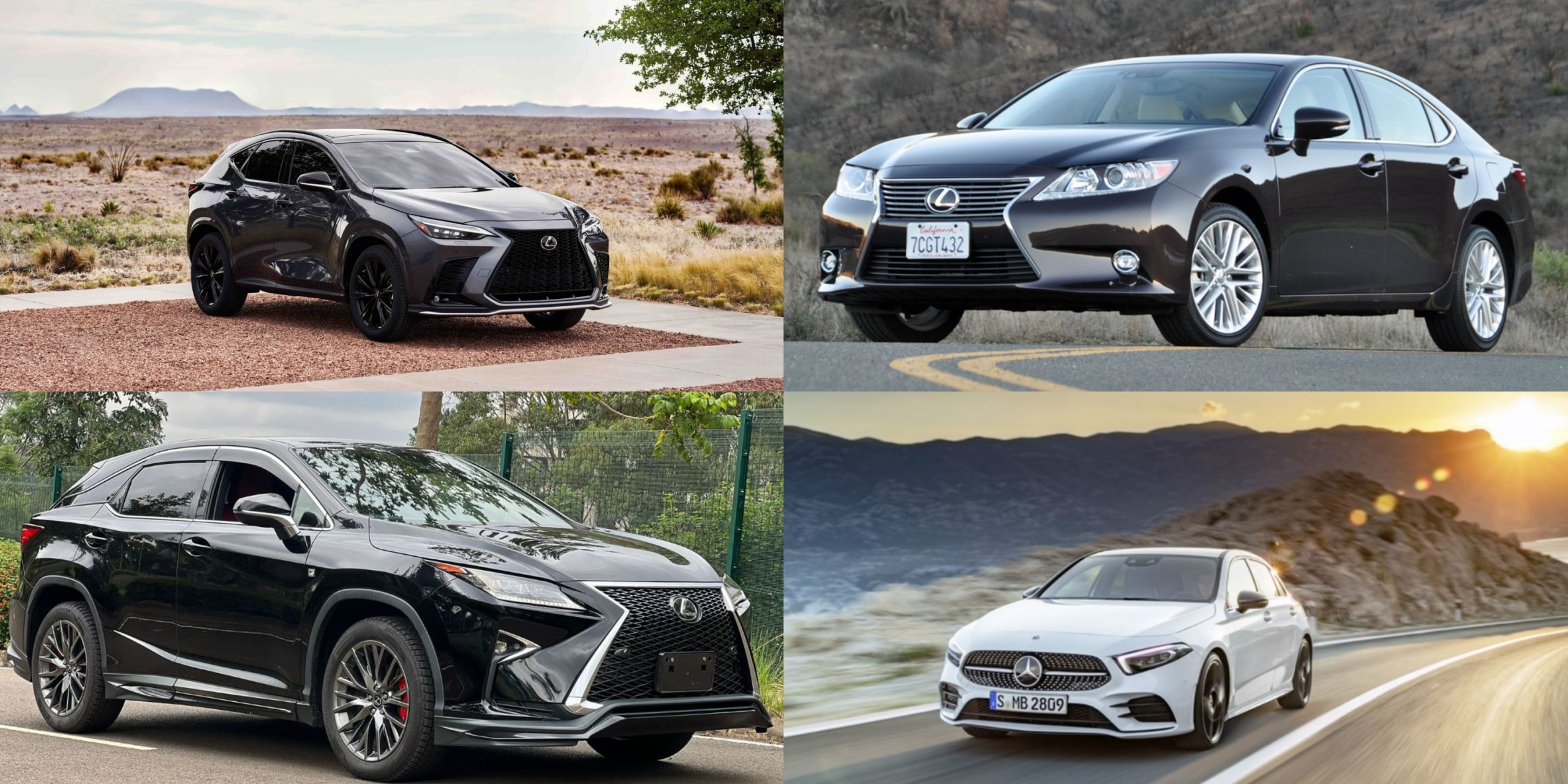Hybrid cars have made significant progress since the Toyota Prius was introduced in 2000. Today, many new car models come in hybrid and plug-in hybrid versions, offering a chance to save money on fuel, especially for those who mostly drive in cities or short distances.
Another benefit of hybrids is their strong reliability, even with the added complexity of having two power systems. According to the latest What Car? Reliability Survey, only 19% of plug-in hybrids (PHEVs) and regular hybrid cars reported any issues.
This is lower than the 22% of petrol cars that had problems, the 27% of electric vehicles (EVs) with issues, and the 31% of diesel cars that faced faults.
In fact, hybrids had the best reliability score in the survey, with a rating of 95.9%, compared to 87.7% for electric vehicles.
Hybrids are also repaired for free much more often than other types of cars, especially diesel ones. A total of 91% of hybrid cars were repaired at no cost to their owners, while only 67% of diesel cars received free repairs. Hybrid owners who did need to pay for repairs spent the least. Only 2% of hybrid owners had to pay over £1500 for repairs, while 6% of diesel owners faced repair costs over £1500.
Also Read: 10 Early EVs That Are Still Cruising the Roads Today
Most reliable hybrid cars
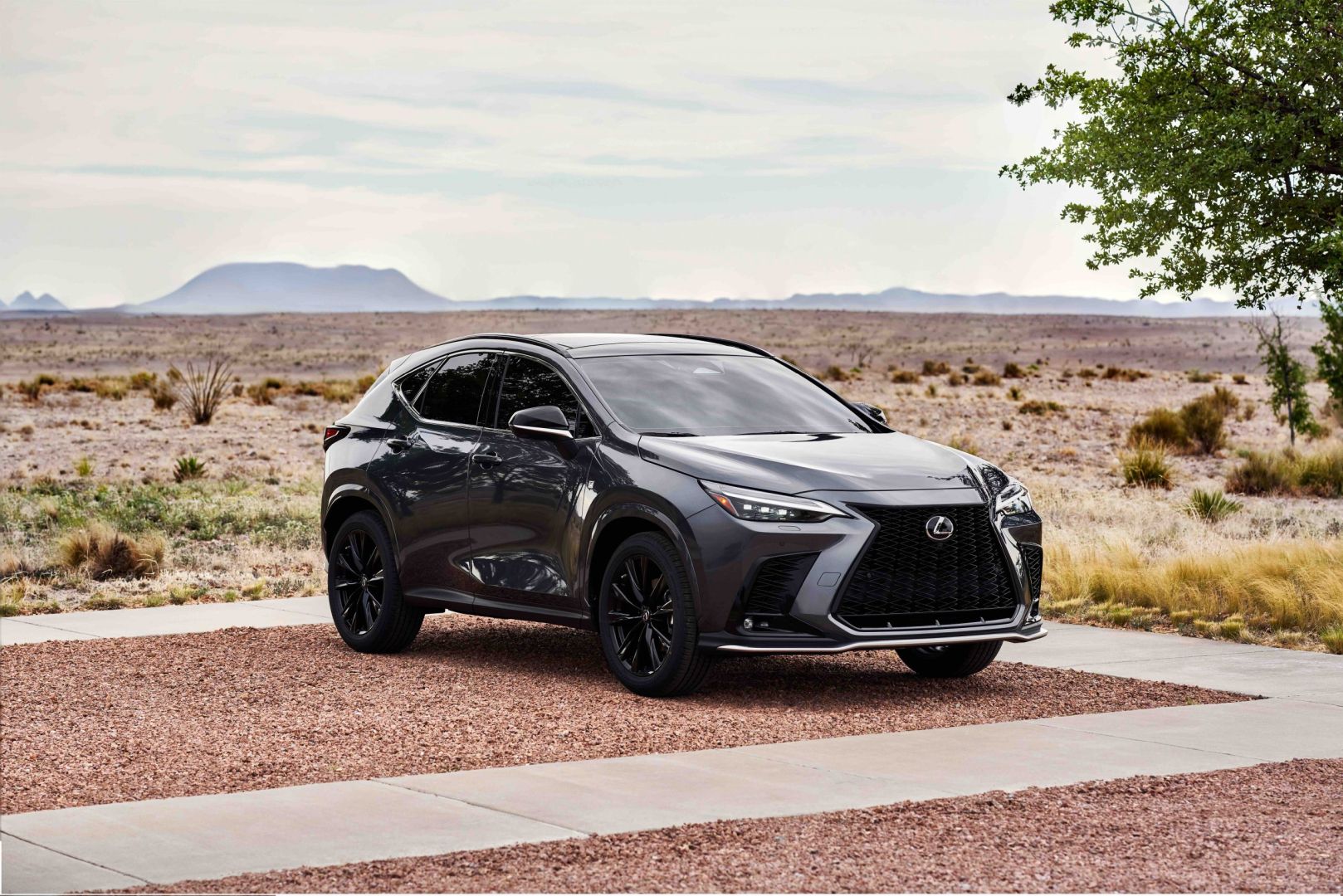
Lexus NX (2014-2021)
The previous version of the Lexus NX isn’t the most exciting large SUV to drive, as it has dull handling and a slow six-speed automatic gearbox. However, if you’re looking for a hybrid large SUV with no problems, this is your best choice.
It stands out in this category, even beating the newer version of the NX, which scored 97.6% and came in seventh place for hybrids in this year’s survey.
None of the NX owners reported any problems, meaning no cars needed repairs, and owners didn’t have to pay for unexpected repair costs.
Owner’s view: “My car has been faultless in the two years I’ve owned it.”
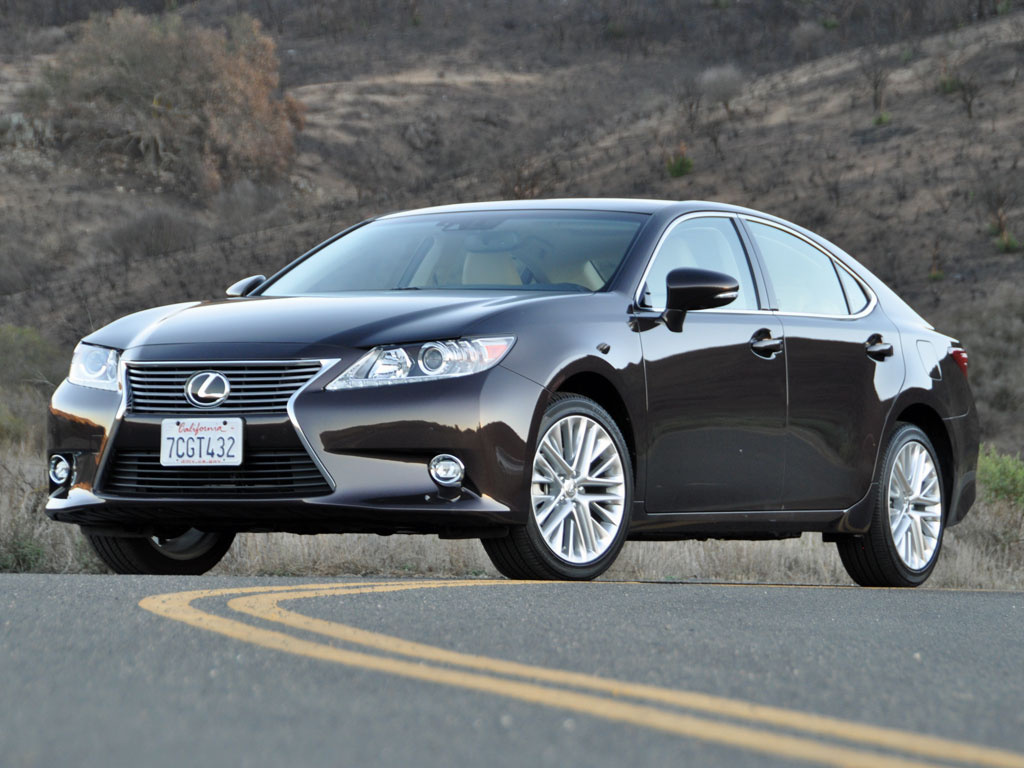
Lexus ES (2018-present)
The Lexus ES is an executive car that offers the benefits of road tax and company car tax savings, plus the efficiency of a hybrid, without needing to plug it in to charge. Like most cars in the current Lexus range, it has a petrol engine supported by electric motors. This allows it to travel short distances on electricity alone, reducing the car’s CO2 emissions to levels similar to a small hatchback.
The ES stands out in terms of reliability compared to many other luxury cars. It’s the highest-rated executive car in the survey and the second highest model in the Lexus range after the NX.
Only 4% of the ES saloons had any issues, with the sat-nav/infotainment system being the main problem. All issues were fixed in less than a week, with Lexus covering the cost of repairs.
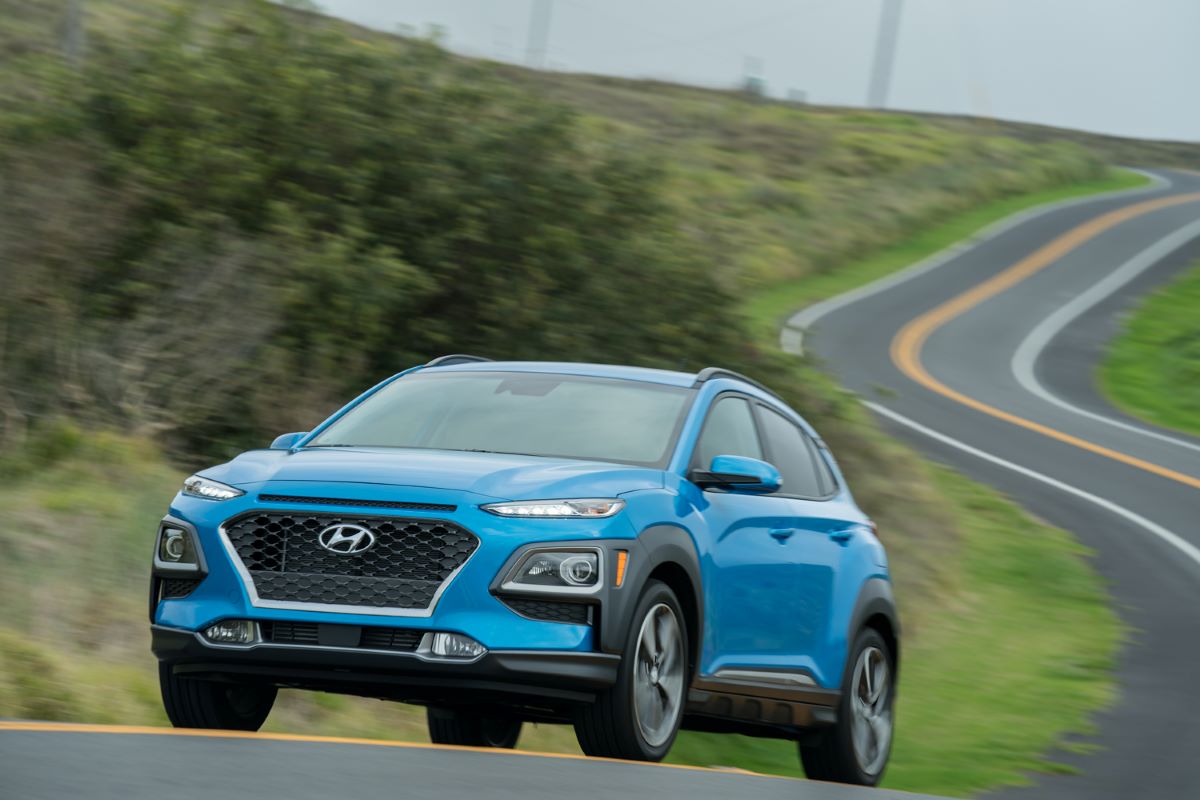
Hyundai Kona hybrid (2019-present)
The Hyundai Kona comes as a petrol, hybrid, or electric model, but the hybrid is the best choice for a few reasons. It has better fuel efficiency than the petrol version and is cheaper for road tax and company car tax. Another important point is reliability: only 7% of hybrid Kona models had problems, while 23% of electric models did.
The main issues with the Kona hybrid were related to some electrical systems, such as the sat-nav/infotainment system. Despite this, all the affected cars could still be driven. Half of the issues were resolved in a day or less, and the remaining problems were fixed in less than a week.
Thanks to the five-year warranty, all repair work was done for free.
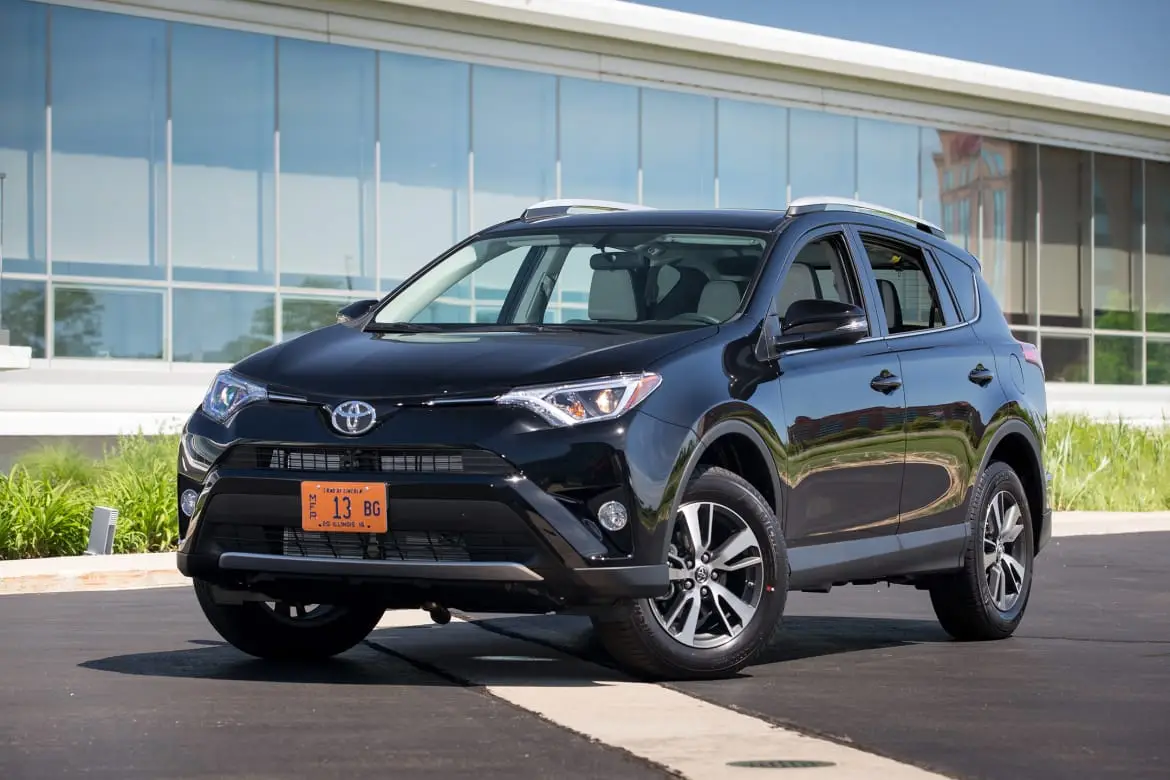
Toyota RAV4 (2019-present)
The RAV4 is a practical family SUV with a roomy interior and low CO2 emissions, thanks to its hybrid technology. It is available as a standard hybrid or a plug-in hybrid, which can travel up to 46 miles on electric power alone. The RAV4 has a strong performance in our reliability rankings and is the second-highest-rated family SUV.
Only 3% of the RAV4s in our survey had problems, which were mostly related to the 12-volt battery and hybrid battery pack. While Toyota paid for 83% of the repair costs, 17% of owners had to pay between £100 and £200 to fix their cars.
Most of the cars with issues could still be driven, and a third of them were fixed in a day or less. The rest were out of service for up to a week.
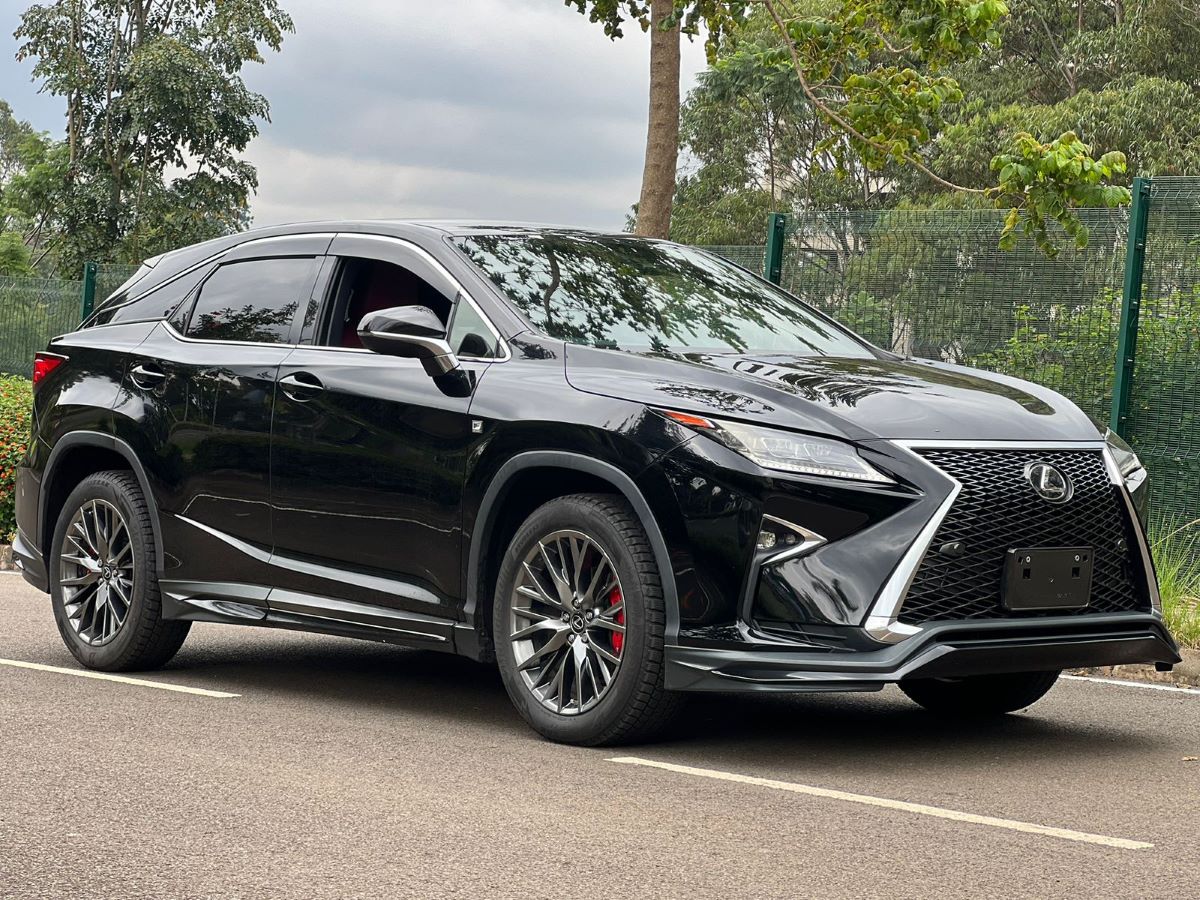
Lexus RX (2016-2022)
The Lexus RX is a luxury SUV with a polished, well-designed interior, very comfortable seats, and strong performance. Unlike some of its German competitors, it is only available as a hybrid, with a petrol engine and an electric motor.
It ranks as the most reliable luxury SUV and has the highest score for luxury cars in the latest survey, surpassing models like the BMW X5 and Range Rover Sport.
Only 3% of the RX models reported in our survey had any problems, and these were limited to the electrical systems, such as the air-conditioning, and the bodywork. All issues were fixed in a day or less, and owners didn’t have to pay for the repairs.
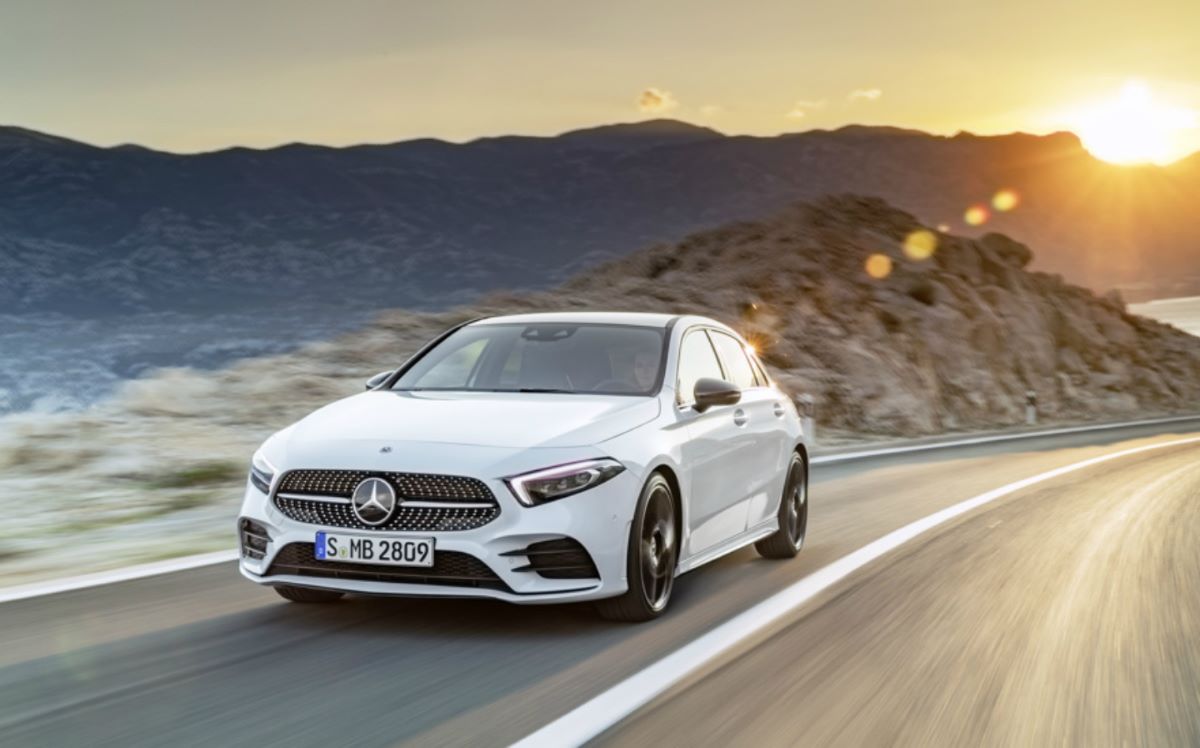
Mercedes A-Class hybrid (2018-present)
The A-Class is a comfortable car, enjoyable to drive, and comes with plenty of features. In its hybrid version, it is more reliable than its main competitor, the BMW 330e. It also has fewer problems than the petrol version of the A-Class, with only 11% of hybrid A-Class models having issues compared to 21% of petrol models.
The main problem was with the interior trim, but all these issues were fixed free of charge. However, repair times could be slow, and owners had to wait for repairs to be completed. Only 26% of issues were resolved in a day or less, while 42% of cars spent more than seven days in the workshop for repairs.

Lexus NX (2021-present)
The newest Lexus NX is much more fun to drive compared to the previous model. It offers strong performance, especially if you choose the 450h plug-in hybrid version. The steering is accurate, and it handles corners well. The interior is comfortable, with high quality materials, and it has low emissions.
However, it isn’t quite as reliable as the older NX model. About 13% of owners reported some problems, but most were minor issues with the bodywork. Not all the repairs were free: Lexus paid for 89% of the work, but 11% of owners had to pay for repairs costing between £301 and £500. On the positive side, most cars were fixed quickly: 78% were repaired in one day or less, and the rest were fixed within a week.
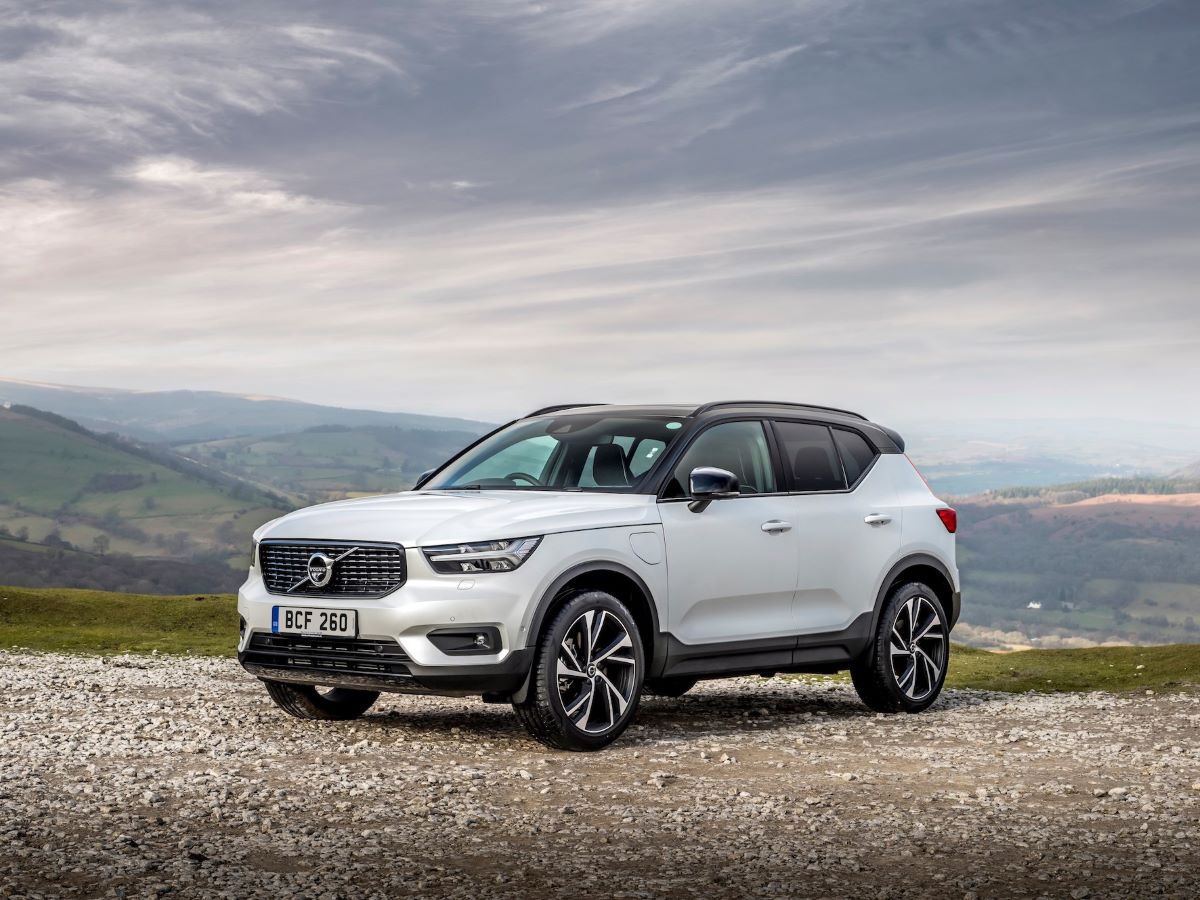
Volvo XC40 PHEV (2017-present)
The Volvo XC40 is a stylish, comfortable, and practical family SUV with a high-quality interior. It is available in diesel, petrol, electric, and plug-in hybrid versions, with the plug-in hybrid being the best choice if you want a trouble-free ownership experience. Only 10% of PHEV XC40s had any problems, while other engine types had about twice as many issues.
Owners reported various problems, including issues with the air conditioning, 12-volt battery, hybrid battery pack, electrical system, and interior trim. Although these problems were fixed for free, some repairs took longer than expected. Only 20% of cars were fixed in one day or less, 60% took up to a week, and the rest took longer. However, two-thirds of the cars with problems could still be driven.
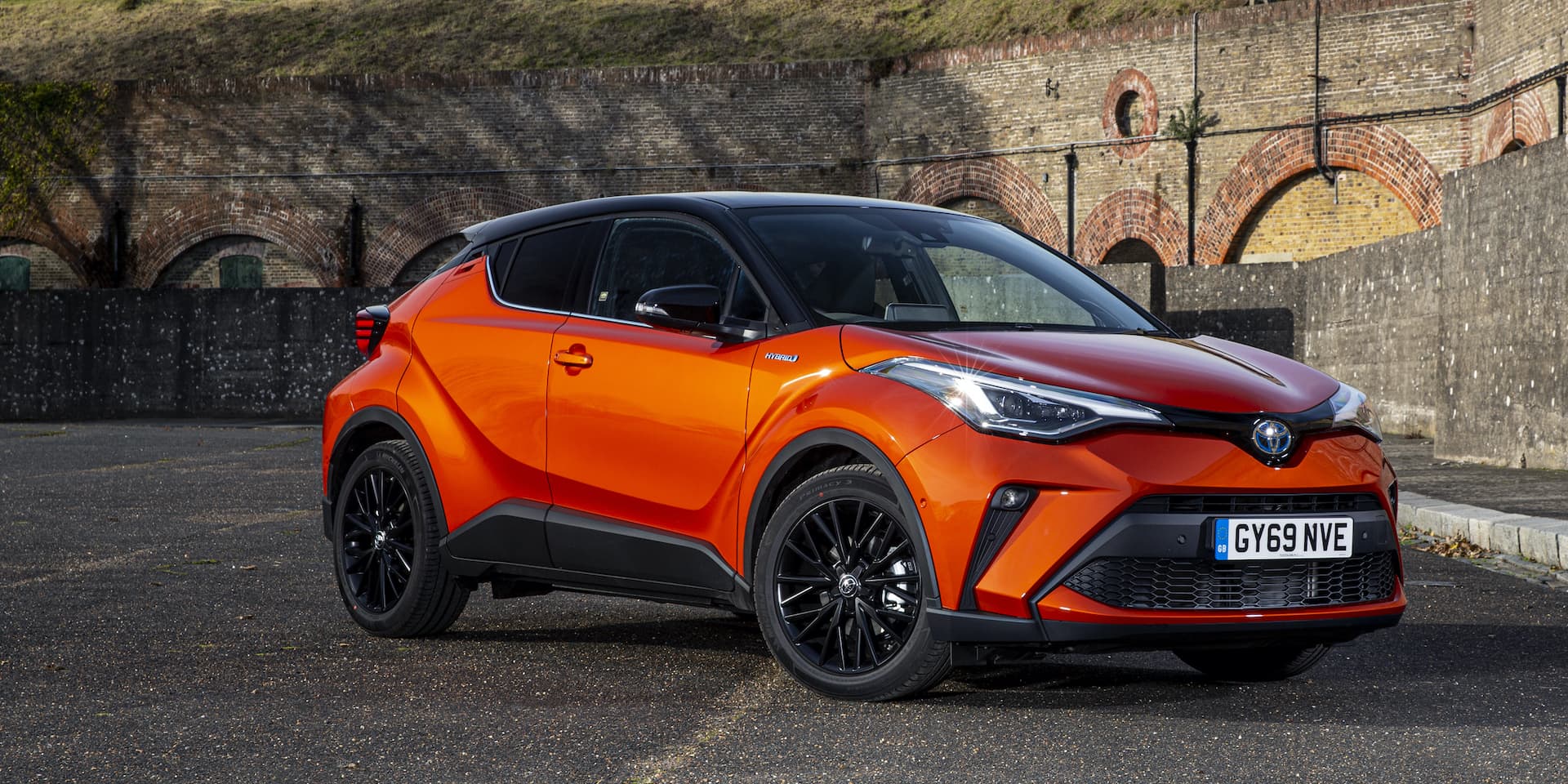
Toyota C-HR (2016-2023)
The Toyota C-HR is a stylish family SUV with a lot of features. It is now only available as a used car and offers good value, with prices starting at around £10,000 for an early model.
It’s a good choice if you’re looking for a reliable car. According to owners, 14% of their C-HRs had problems, mostly with the 12-volt battery, though there were some other electrical issues as well. Repairs were quick, with 83% of cars fixed in a day or less, and the rest took less than a week to get sorted.
There were some costs involved. Toyota covered 73% of repair costs, and most bills were under £100. However, some owners had to pay as much as £500 for repairs.
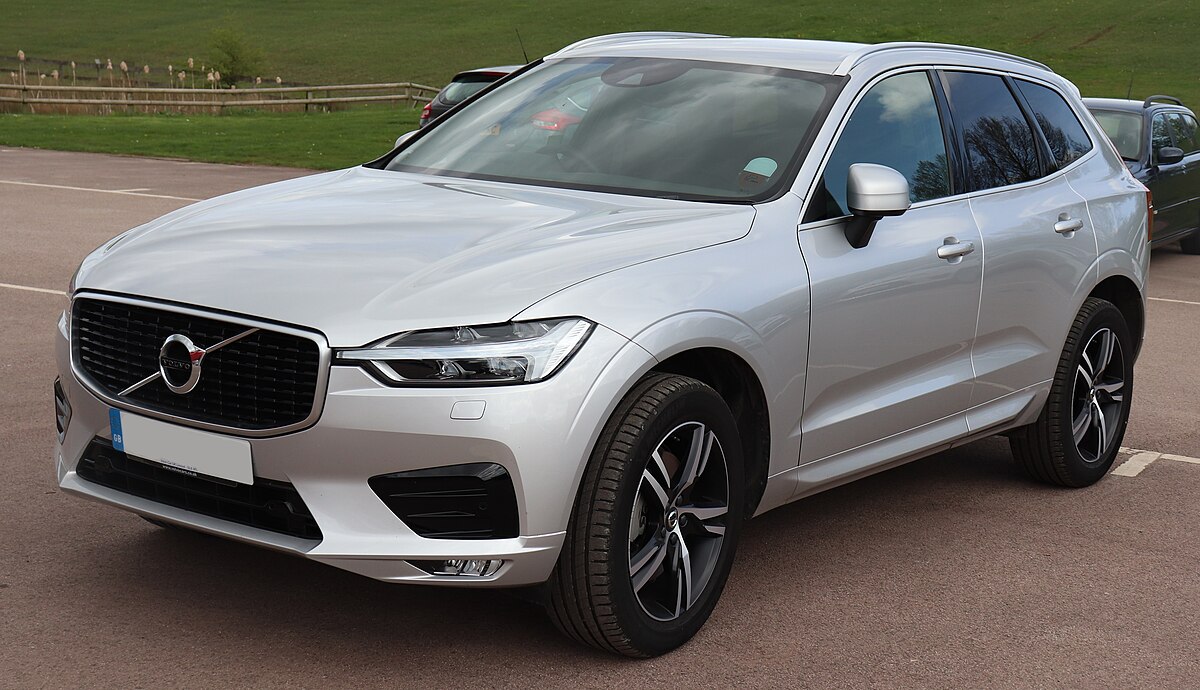
Volvo XC60 PHEV (2016-present)
The Volvo XC60 is an older family SUV, but it’s still a great option because it has a spacious and high-quality interior, along with a well-balanced ride and handling. There are various engine options, including diesel, a petrol mild hybrid, and two PHEV versions, which are the focus here.
Owners told us that 16% of PHEV XC60s had issues, mostly with the bodywork and electrical systems, including the infotainment. The good news is that all cars had their problems fixed for free. However, some repairs took longer than expected. While 50% of issues were fixed in a day or less, 33% of cars were off the road for more than a week. One in five cars had problems that made them undrivable.
Least unreliable hybrid cars
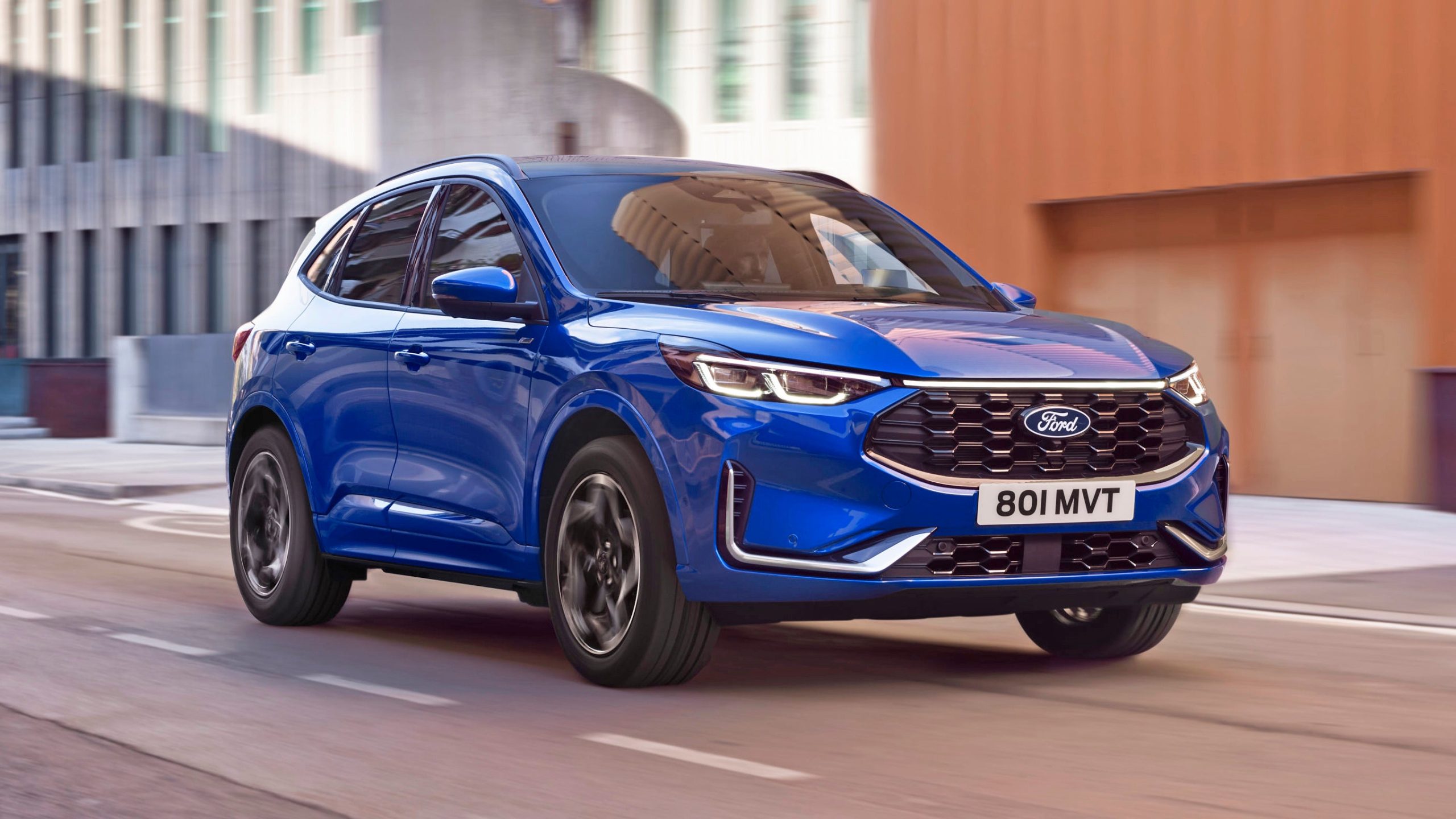
Ford Kuga hybrid/PHEV (2021-present)
Most common faults: 12-volt battery 19%, bodywork 6%, interior trim 4%, non-engine electrics 4%
Average repair cost: 94% cost
Typical time off road: 44% more than a week
The Kuga is a spacious and flexible family SUV available with petrol, hybrid, or plug-in hybrid options. The hybrid can drive short distances on pure electric power, but if you want to travel longer distances without using the petrol engine, the PHEV is the best option because it can go up to 43 miles on electricity.
The Kuga scores the lowest among hybrids in our survey because it had a high number of problems with its 12-volt battery, and the repairs were slow. A total of 33% of the cars had problems, with 19% related to the battery.
Half of the faulty cars couldn’t be driven, and 44% were in the shop for more than a week. Ford covered most of the repair costs, but 3% of owners had to pay £201 to £300 to fix their cars.
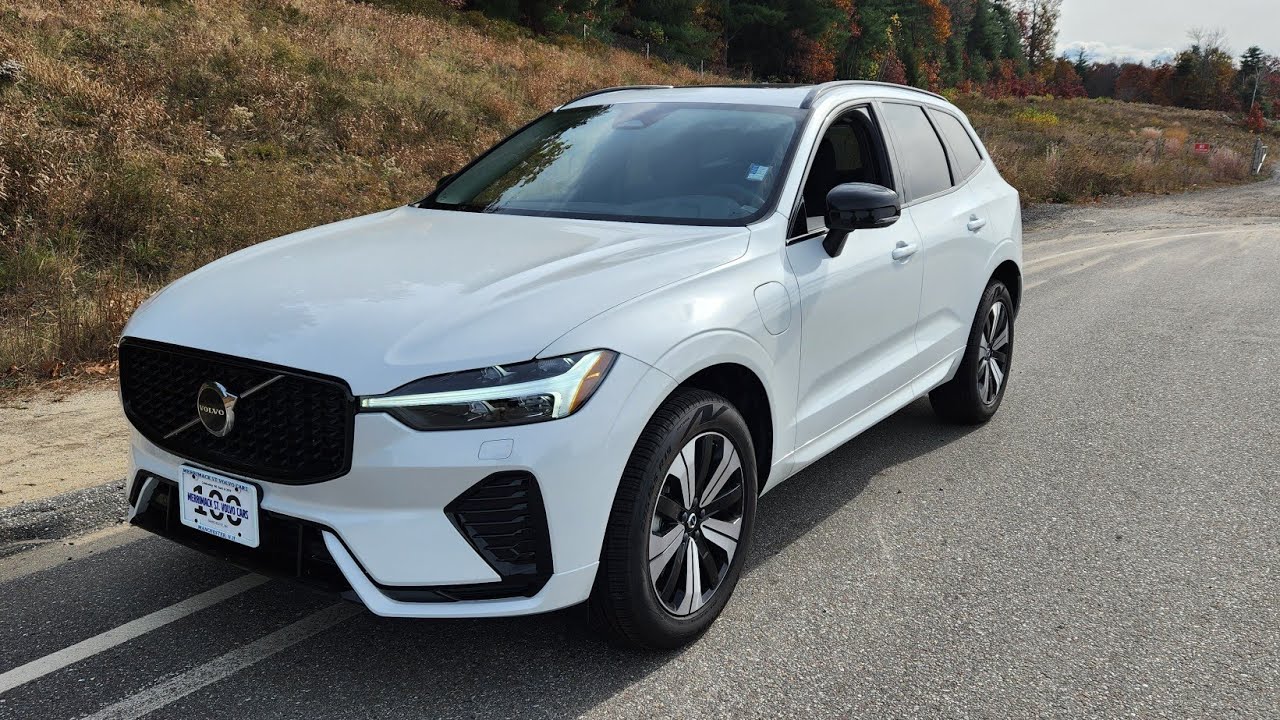
Volvo XC60 plug-in hybrid (2017–present)
Electrical problems were the biggest complaint among the 21% of XC60 owners who said their car had an issue, making up 10% of all the faults. There were problems with the air conditioning, body panels, and the engine and its electrical parts. Most cars were still usable, and 56% were repaired in a day or less. However, only 78% of repairs were covered by the warranty, which meant some owners had to pay up to £1000 for the fixes.

Mercedes A-Class hybrid (2018–present)
A surprising 46% of the A-Class hybrids we heard about had experienced problems, with engine and electrical faults being the most common complaints. Other issues were reported with the air conditioning, battery, body panels, engine, interior trim, and satellite navigation. Most of the cars were still drivable and were fixed in under a week, but only 79% of the repairs were covered without cost. That meant 14% of owners ended up paying more than £1500 for the repairs.
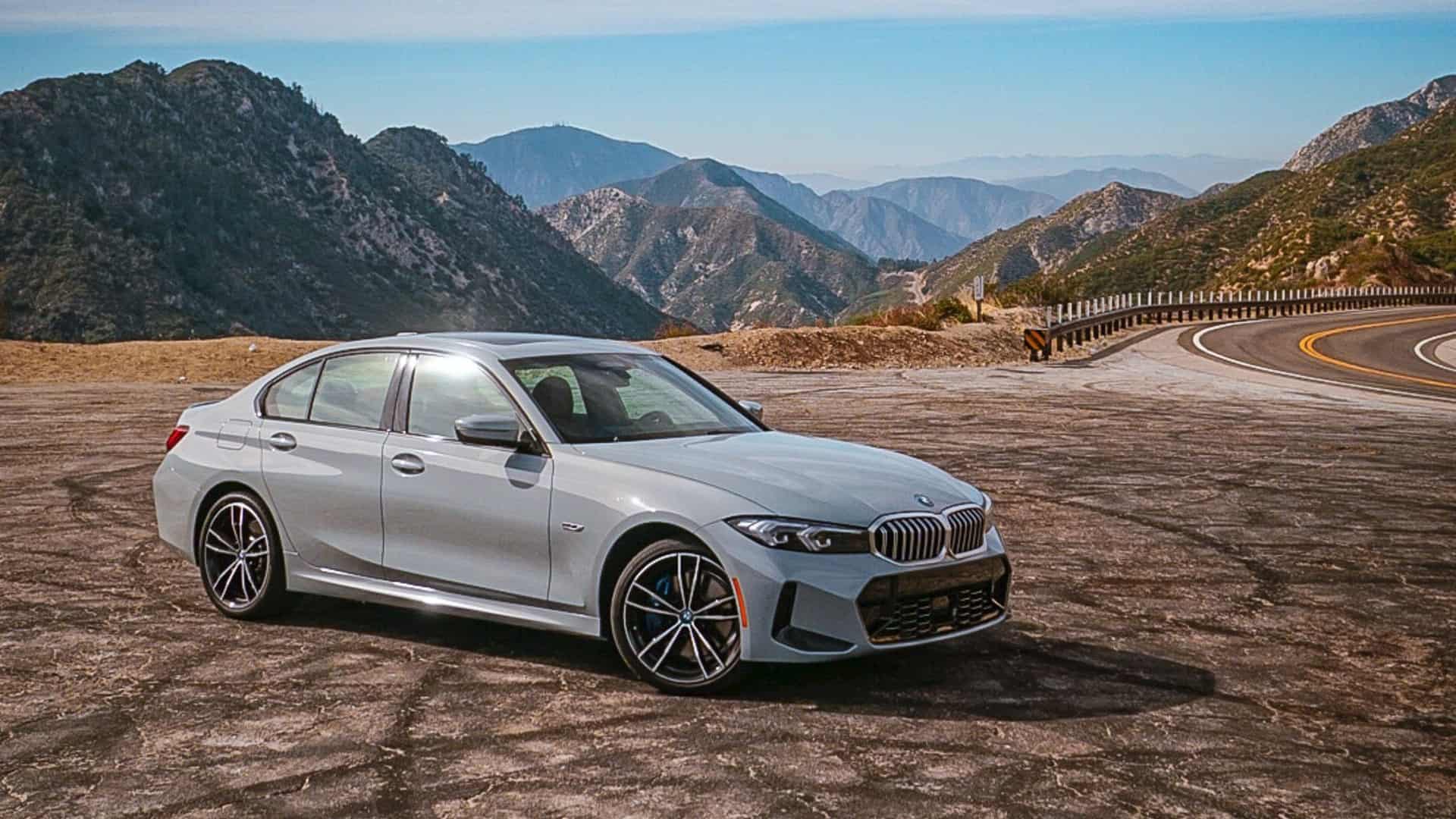
BMW 330e (2016-present)
The plug-in hybrid version of the BMW 3 Series is a great choice as a company car, offering all the benefits of its petrol and diesel versions, but it’s cheaper for road tax and company car tax. It’s also economical, able to drive up to 62 miles on pure electric power.
The 330e is a mostly reliable car, but it falls in the bottom three for reliability due to the high performance of most hybrid cars. When problems do occur, they can be slow and expensive to fix. Owners reported that 16% of their 330es had issues, mostly with the engine/motor electrics and the hybrid battery pack.
More than half (53%) of the cars with problems were off the road for over a week. While BMW covered the repair costs for 69% of cases, 23% of owners had to pay more than £1500 for repairs.
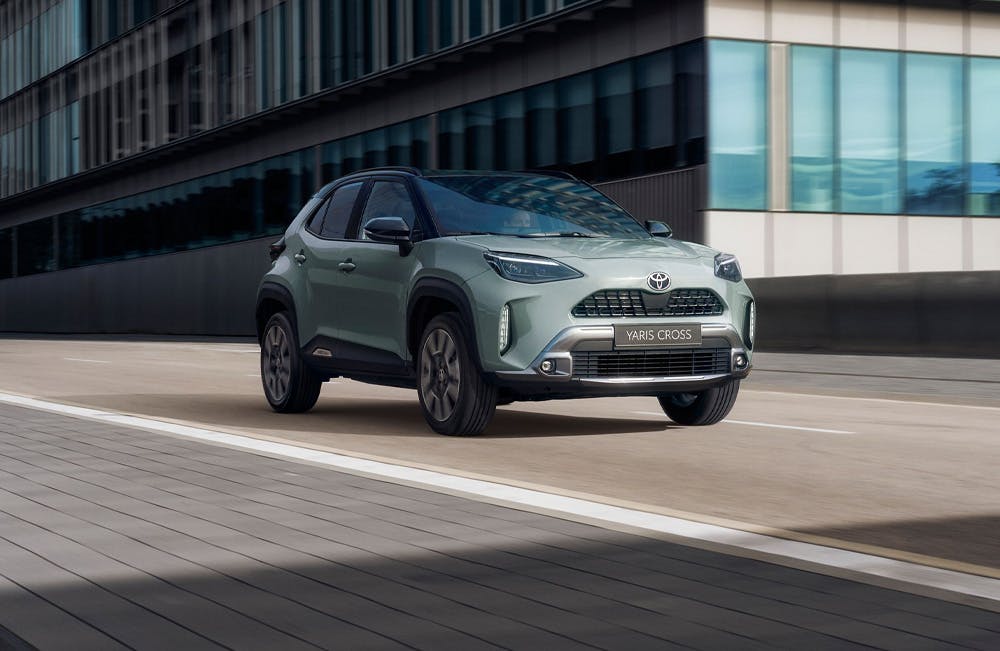
Toyota Yaris Cross (2021-present)
The Yaris Cross is a small, efficient, and fun-to-drive SUV. It is available only as a regular hybrid, with a 1.5-litre three-cylinder petrol engine and an electric motor. Like the BMW 330e, it ranks in the bottom three in our list, but that’s because many other hybrids perform very well.
Also Read: 10 Reliable Older Hybrids That You Can Count On
A total of 24% of Yaris Crosses had problems, mostly with the 12-volt battery. Toyota paid for 77% of the repair costs, but some owners had to pay between £100 and £200, and 8% reported paying £301 to £500 for repairs. Repairs were completed quickly, with 64% of cars back on the road in a day or less, and only 15% were off the road for more than a week.

